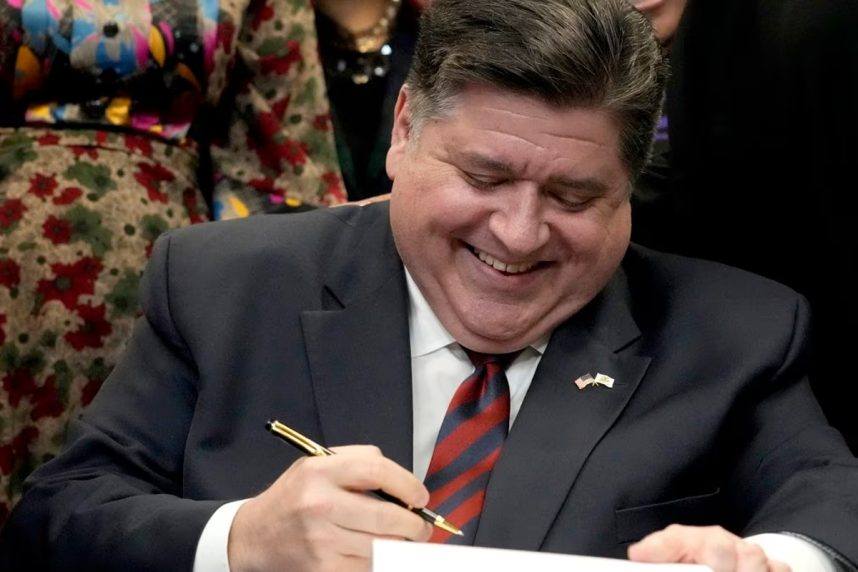Illinois Should Lower Sports Betting Taxes, Says Policy Group
Posted on: September 25, 2025, 06:10h.
Last updated on: September 25, 2025, 06:10h.
- State has fifth-highest sports betting taxes in the US
- Illinois Policy says state should go lower, not higher on those levies
- Chicago could consider its own sports wagering tax hike
Illinois has some of the highest online sports betting taxes in the US — a status the state should reconsider if it wants to continue raking in cash from losing bettors.

That’s the view of the Illinois Policy Institute (IPI), which is described as right-leaning in some circles because it advocates for lower taxes and reduced government spending – policies that are hard to come by in deep blue Illinois. Through its Illinois Policy publication, the institute said the state’s high sports wagering taxes risk crimping what’s become an impressive revenue stream.
People should be free to place a bet, but state government shouldn’t be hoping they lose so it can spend more,” according to the group. “If Springfield wants a competitive, healthy betting market that funds public services without punishing residents, lawmakers should roll back the per-bet fee and keep Illinois’ market attractive to players.”
The per-bet fee remark pertains a policy signed into law in July under which the state applies a tax of 25 cents on an operator’s first 20 million booked bets and 50 cents thereafter.
Yes, Illinois Has High Sports Betting Taxes
The per-bet tax scheme arrived about a year after Illinois implemented a progressive sport wagering tax plan that shifted much of the burden to the largest operators — namely DraftKings and FanDuel.
That is to say the state isn’t shy about raising wagering-related levies or nearly any other taxes for that matter. Its sports betting tax rate amounts to 50%, tying it with Delaware for fifth-highest in the country. When focusing on heavily populated states, Illinois trails only New York, which taxes sports betting at a rate of 51%. The next highest well-populated state is Pennsylvania at 36%.
Even Massachusetts and New Jersey — states known for having an assortment of high taxes — apply levies of just 20% and 21%, respectively, to online sports betting. The IPI believes that while sports betting has been a cash cow for Illinois, that revenue could be at risk if the state doesn’t consider a more favorable tax structure.
“Illinoisans lost $1.12 billion betting on sports in 2024, including $700 million on long-shot, high-payout bets known as parlays that require multiple outcomes. With the new fees in effect, those losses will climb even higher,” adds the think tank. “The risk is bettors will return to unregulated, illegal markets where the state collects nothing and consumers have fewer protections.”
Chicago Could Be Next
Cash-needy Chicago could take a page from the state’s playbook and deploy its own per-bet tax. In a new report, the Chicago’s Financial Future Task Force said that if the city employs a per-wager fee of 50 cents on internet sports wagers placed within city limits, it’d add another $17 million in annual revenue.
That’s pennies on the dollar relative to the estimated fiscal 2026 deficit of $1.1 billion, but that budget gap implies the city is compelled to explore new revenue sources.
No comments yet